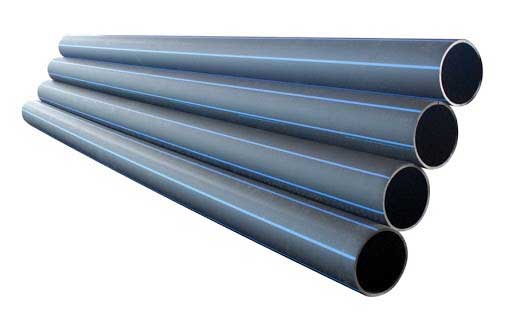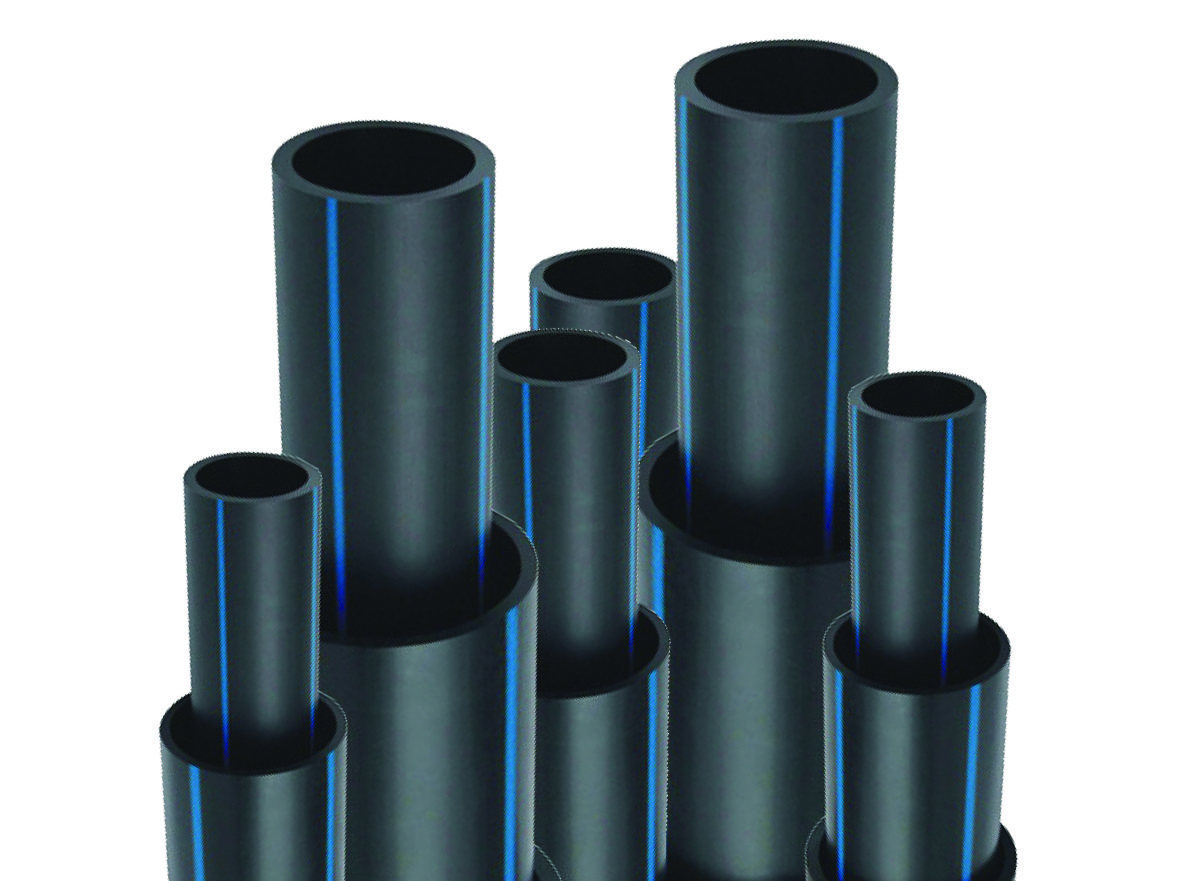custom hdpe pipe manufacturing Midland TX: Breakthroughs Shaping the Market
Wiki Article
Comprehending the Key Perks of HDPE Pipeline for Water and Wastewater Management
The usage of HDPE pipe in water and wastewater monitoring presents numerous benefits that merit consideration. Its outstanding toughness and long lifespan make it a favored choice for many jobs. Additionally, the product's resistance to rust and chemical damages improves its reliability in numerous atmospheres. Nevertheless, the benefits expand beyond simply long life and resistance. Discovering its cost-effectiveness and environmental effect exposes much more compelling reasons for its extensive fostering in modern-day facilitiesExtraordinary Durability and Long Life

HDPE pipeline attracts attention for its exceptional sturdiness and durability, making it a preferred option in water monitoring systems. Created from high-density polyethylene, these pipelines can hold up against considerable stress and tension, making sure dependable performance in time. Their durable nature allows them to withstand severe environmental problems, including temperature fluctuations and soil activities, which can trigger various other products to fail.
The life-span of HDPE pipelines commonly surpasses half a century, giving an economical option for districts and industries alike. In addition, the product's lightweight properties streamline installment, lowering labor expenses and timeframes. This durability lessens the demand for frequent repairs or replacements, additionally improving its financial allure.
In water management applications, the dependability of HDPE pipes means fewer disruptions and boosted service connection, making them important to lasting facilities growth. The combination of sturdiness and longevity solidifies HDPE's duty as a cornerstone in efficient water monitoring services.

Resistance to Rust and Chemical Damage
While many materials catch corrosion and chemical damages in time, HDPE pipes show amazing resistance, making them perfect for numerous water administration applications. This resilience comes from the molecular structure of high-density polyethylene, which is naturally non-reactive and does not corrode like metals or break down from exposure to extreme chemicals. As a result, HDPE is extremely reliable in atmospheres with hostile compounds, such as wastewater systems that might consist of acids, bases, and natural solvents.
In addition, HDPE pipes can endure ecological factors such as soil level of acidity and saline conditions, additionally boosting their viability for diverse applications (hdpe pipe fittings Midland TX). Their capability to maintain architectural honesty over time reduces the threat of leakages and failings, which is important in ensuring the security and dependability of water circulation and wastewater monitoring systems. Consequently, the resistance to rust and chemical damages considerably adds to the general performance and long life of HDPE piping remedies
Cost-Effectiveness and Economic Benefits
When taking into consideration the monetary implications of water management systems, the cost-effectiveness of HDPE pipes becomes apparent. These pipelines use reduced installation and upkeep prices contrasted to conventional materials like steel or concrete. Their light-weight nature simplifies transportation and setup, causing reduced labor expenses. Additionally, HDPE pipelines show a long lifespan, typically surpassing 50 years, which equates to less substitutes and long-lasting savings.The resistance of HDPE to rust and chemical damage decreases the demand for expensive repairs and replacements. The pipes additionally sustain efficient water circulation, minimizing energy expenses related to pumping systems. By reducing leakages and water loss, HDPE pipes add to considerable economic advantages for municipalities and sectors alike. Generally, the first financial investment in HDPE piping can yield substantial economic returns over the lifespan of the water administration system, making it a prudent option for lasting framework advancement.
Environmental Sustainability and Lowered Influence

Convenience and Flexibility in Setup
As a result of their one-of-a-kind properties, HDPE pipes supply amazing convenience and versatility in installment, making them suitable for a vast array of applications. Their light-weight nature allows for simpler handling and transport, lowering labor expenses and setup time. HDPE pipes can be bent and shaped to fit different terrains and job needs, which is particularly valuable in testing settings.In addition, their resistance to rust and chemical damages permits installment in varied setups without the demand for specialized protective layers. The capacity to fuse joints creates a continual, leak-free system, improving the total honesty and integrity of the installment. HDPE's adaptability likewise accommodates ground activity, decreasing the risk of damage in locations vulnerable to shifting dirt. On the whole, these attributes make HDPE pipes not just versatile malleable iron pipe but additionally a recommended choice for water and wastewater administration systems.
Regularly Asked Concerns
How Does HDPE Pipeline Compare to PVC in Water Monitoring Applications?
HDPE pipe uses exceptional versatility, resistance to corrosion, and sturdiness contrasted to PVC. Its lighter weight facilitates much easier installation, while its long life expectancy lowers replacement costs, making HDPE a preferred option in water administration applications.What Is the Life Expectancy of HDPE Water Lines Under Normal Conditions?
Under common problems, HDPE pipes can have a lifespan varying from 50 sewer camera to 100 years. Their longevity and resistance to rust add to their lasting performance in various applications, making them a dependable selection for infrastructure.Are HDPE Pipes Recyclable After Their Life Span?
Yes, HDPE pipes are recyclable after their life span. Midland TX HDPE Pipe Fittings in Stock. They can be processed and repurposed right into new products, substantially minimizing environmental influence and promoting sustainability within the sector, making them a green choice for piping optionsWhat Is the Installation Process for HDPE Water Lines?
The installment procedure for HDPE pipes includes website prep work, trenching, pipeline fusion or mechanical joining, backfilling, and stress screening. Proper methods assure a resilient and effective system for transferring water and wastewater successfully.Can HDPE Piping Be Used for Both Potable and Non-Potable Water Solutions?
Yes, HDPE pipelines can be utilized for both safe and clean and non-potable water systems. Their flexibility, resilience, and resistance to deterioration make them ideal for various applications, ensuring secure and reliable transportation of water in different contexts.Report this wiki page